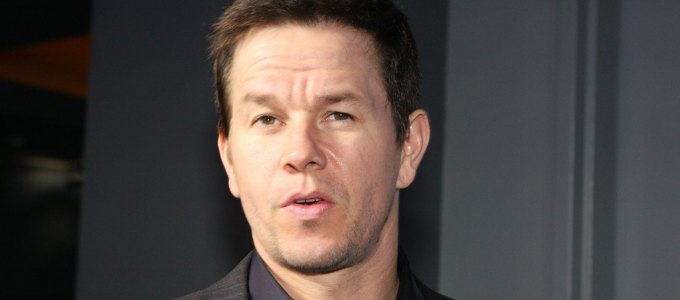Image courtesy of Flickr/Eva Rinaldi
Actor Mark Wahlberg is trying to get a pardon for a racially motivated crime he committed
as a teen.
In 1986, Wahlberg, now 43, and his white friends threw rocks and shouted racial epithets at a group of mostly black fourth-grade students on a field trip to the beach and chased them down the street. Apparently he was a bit of a thug growing up in Boston.
Kristyn Atwood, 38, was one of the children, and she told The Associated Press that she doesn’t think he should get a pardon. “I don’t really care who he is. … If you’re a racist, you’re always going to be a racist. And for him to want to erase it, I just think it’s wrong.”
I don’t entirely agree. It doesn’t happen often and it’s certainly not easy, but people can change. They can learn to empathize and understand others’ perspective, to see the damage caused by their behavior and how unfair it is to behave as though minorities and women are less than everyone else. They can change if they want to.
I can’t say whether Wahlberg should be officially pardoned. He and his cronies were given a civil rights injunction for the 1986 incident. But he was later convicted as an adult for two counts of assault and battery and criminal contempt for violating the prior injunction for another more severe attack in 1988 when he assaulted two Vietnamese men. One man ended up in the hospital. Wahlberg went to prison.
But on the subject of forgiveness, it’s always a possibility. The important thing is to show in a tangible way that he’s learned and grown from the past. Consistently finding jobs for minority actors in the films he produces would be a good starting point, for instance.
Whether we forgive ourselves for past behavior or someone else for theirs, it is part of healing and moving on. Past behavior shouldn’t be the one stick used to measure a man or woman forever.















